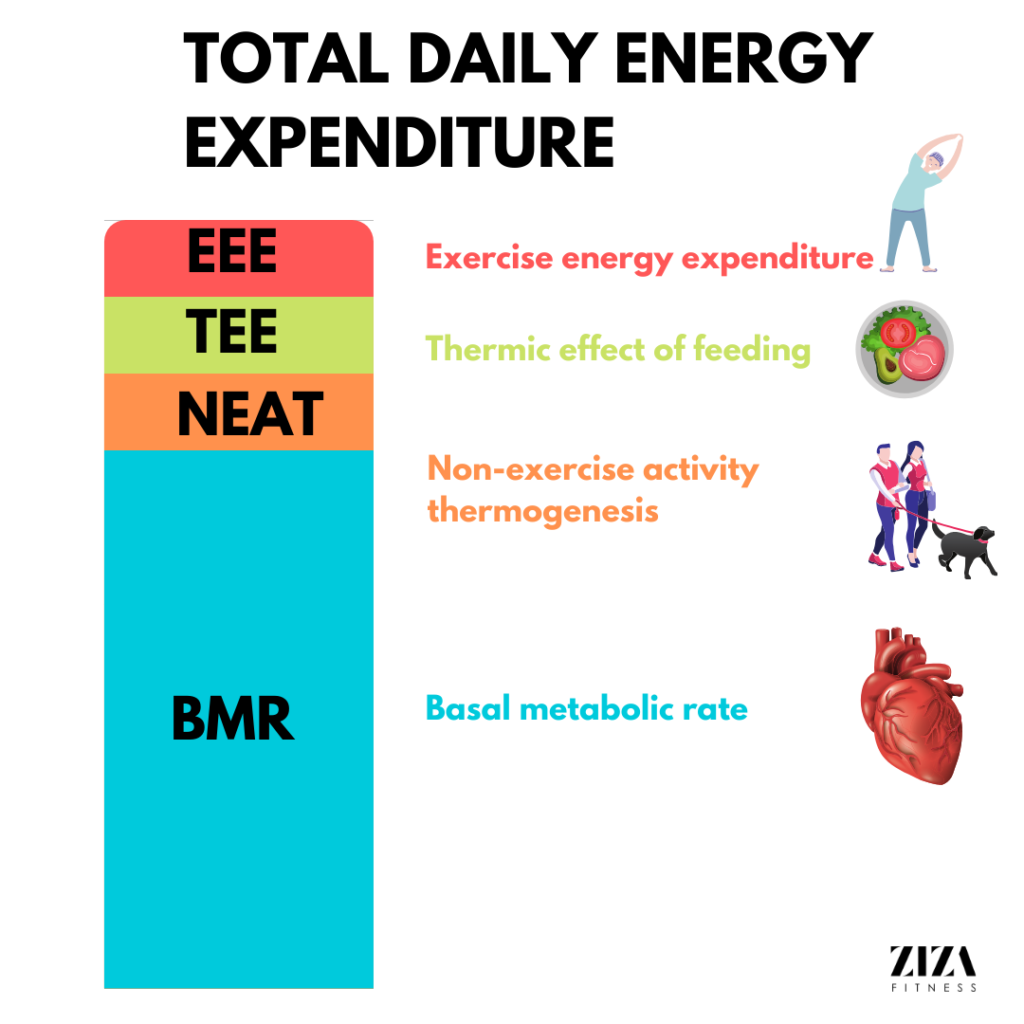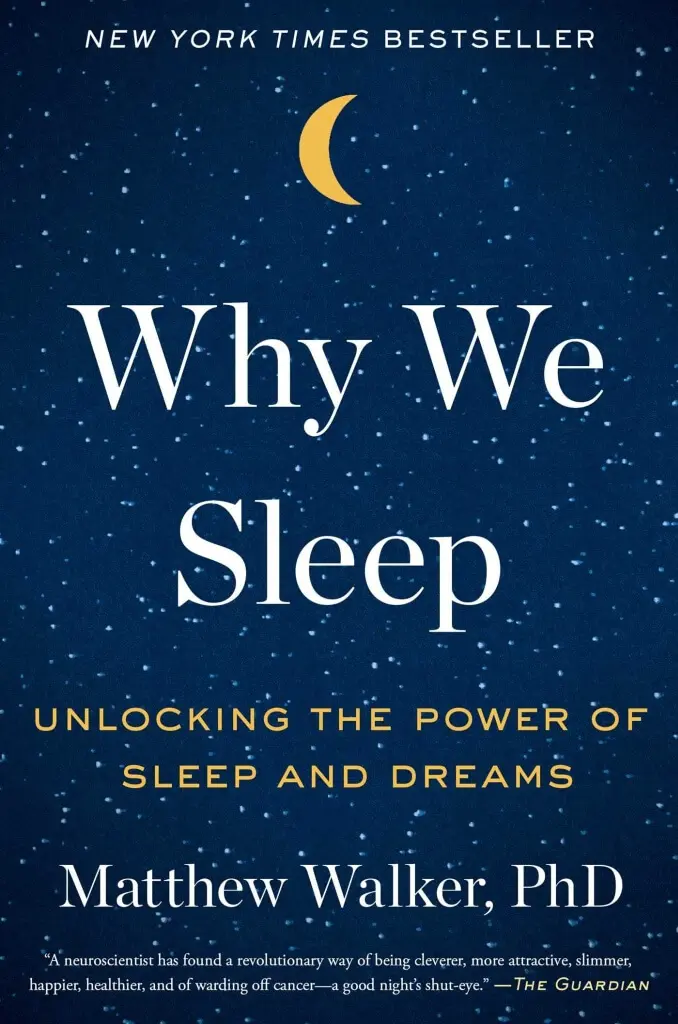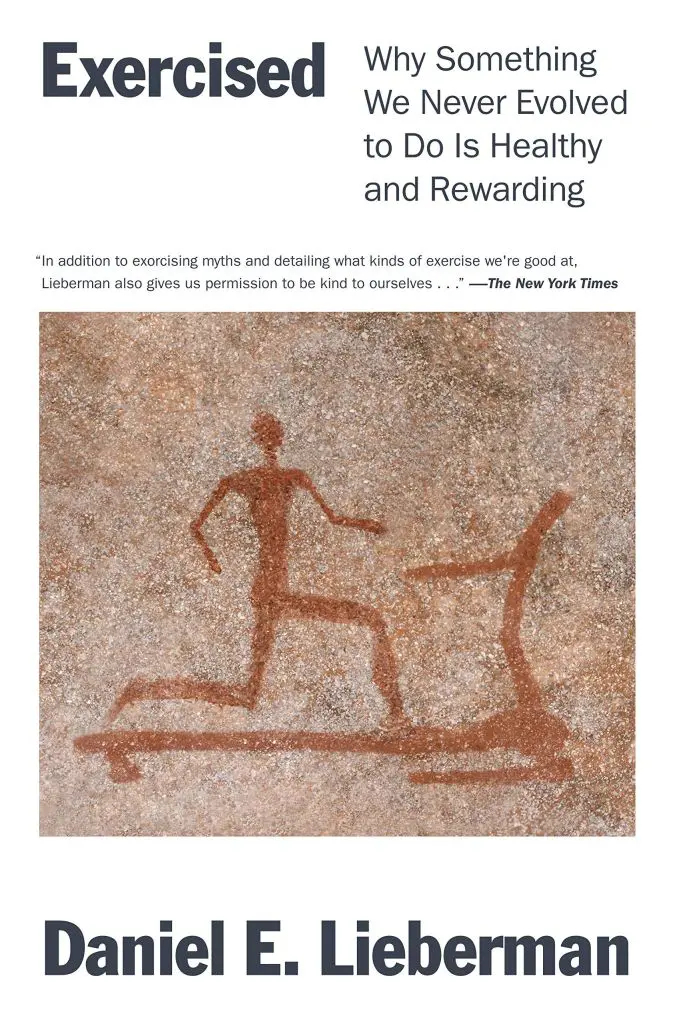Nowadays, we are being constantly bombarded of how to get thin, which diets to follow, what exercises to take, or how to squeeze more out of 24 hours (usually by sleep less)…
Let’s go back to the basic, our biology, to answer one simple question:
How to be Healthy?
You can learn more about each aspects, and look at them through the lens of evolution.
Why We Sleep
From evolutionary stand point, sleep is unproductive: we can not hunt, gather nor mate while sleeping, and be very vulnerable at night.Therefore, there must be some advantages to sleep, or you won’t be here today.
Scientists have discovered a revolutionary treatment that makes you live longer, enhances your memory, makes you more creative, keeps you slim, replenishes you immune system, protects you from cancer and dementia, lowers your risk of heart attacks and stroke, not to mention diabetes. You’ll even feel happier, less depressed, and less anxious.
And it’s free for everyone. Today.
Sounds amazing, isn’t it? Just…
An explosion of scientific discoveries in the last twenty years has shed new light on this fundamental aspect of our lives. Within the brain, sleep enriches our ability to learn, memorize, and make logical decisions. It recalibrates our emotions, restocks our immune system, fine-tunes our metabolism, and regulates our appetite. Dreaming mollifies painful memories and creates a virtual reality space in which the brain melds past and present knowledge to inspire creativity.
What We Eat
If you eat more calories than you burn, you gain weight. Eat less than you burn, and you lose weight. Period.Use some TDEE Calculator to calculate amount of energy needed daily. And you must also eat enough macronutrients for our body to function properly.
Or you can calculate it yourself, which I don’t recommend.
1. Calculate our Base Metabolic Rate (BMR)
BMR is energy expenditure to keep our body functional. As you can see, increase your muscle mass will slightly increase BMR, but not much.
- Brain: 20%
- Muscle: 16%
- Heart & Lungs: 12% & 5%
- Kidney: 9%
- Liver: 20%
- Others: 18%
Women: BMR = 11 × Weight (kg) + 607
E.g., a 50 kg woman will have a BMR of 1,150 kcal a day.
Men: BMR = 15 × Weight (kg) + 551
E.g., a 70 kg man will have a BMR of 1,600 kcal a day.
2. Calculate hours spending in activities
Of course we don’t spend our daily sitting around doing nothing. Therefore we must adjust our total daily energy expenditure (TDEE).
| Activity | METS* | Hours | Notes |
|---|---|---|---|
| Sleeping | 0.95 | 8 | Sleeping is a bit slower |
| Resting | 1.0 | 4 | BMR, take a break, do nothing… |
| Sitting | 1.3 | 8 | Reading, watching TV, work on PC |
| Standing | 1.8 | 1 | On two legs |
| Yoga | 2.5 | Hatha style | |
| Walking | 3.0 | 1 | 4 km/hour, 210 kcal for 70 kg in 1 hour |
| Sports | 6.0-8.0 | 1 | Soccer, tennis, basketball… |
| Housework | 2.3-4.0 | 1 | Cleaning, laundry, mopping… |
| High Intensity | 10-13 | Boxing, rowing, HIIT… | |
| Average MET | 1.5 | TDEE** = 1,600 * 1.5 = 2,400 KCal |
**TDEE = Total Daily Energy Expenditure
- Carbs: 70%. 1,680 Kcal > 420g carbs.
- Protein: 20%. 1-2g per kg. 480 Kcal > 120g protein.
- Fat: 10%. 240 Kcal > 26g fat.
Hadza, a hunter-gatherer tribe, has a diet of about 65% Carbs, 20% Protein, 15% Fat.
So, if you find a diet that works for you, one that keeps you at a healthy weight and free from metabolic disease, stick with it.
Why We Exercised
It’s much easier to keep your weight down by eating less than exercising more, for two reasons:
- Exercise or not, your body will adapt and spend the same amount of energy every day, sometimes by sacrificing your immune system or reproduction system.
- Restricting your caloric intake is much more effective in keeping your weight off.
Total Daily Energy Expenditure (TDEE)
No matter what you do, exercise or not, your body will try to spend the same amount of energy everyday.
- 10Exercise: 30 minutes a day is the recommended dose, but the more the better. As you can see, it won’t help you to lose weight, but it can keep your weight at bay. And a host of other benefits.
- 10Eating: meat, vegetables and fruits need more energy to process than carbs (rice, bread, pasta…)
- 10Non-exercise: standing to work won’t help you burn much more calories, but doing housework will
- 70BMR: minimum energy to keep body functioning

Then why do we have to exercise?
The paradox is that our bodies never evolved to function optimally without lifelong physical activity, but our minds never evolved to get us moving unless it is necessary, pleasurable, or otherwise rewarding.
But physical activity stresses our body, which reacts in numerous ways to repair it: antioxidants, anti-inflammatory, cell & DNA repair, grow your muscle & bone… It also lowers you blood sugar, blood pressure, cholesterol… And keep your weight down, too.
Most of human history, we are physically active. But modern lifestyle doesn’t require us to be active any longer. This is a mismatch between our biology and our environment.
Any exercises will do: walk/run 5-10 km, weight lifting, HIIT,… or a combination of all three.




